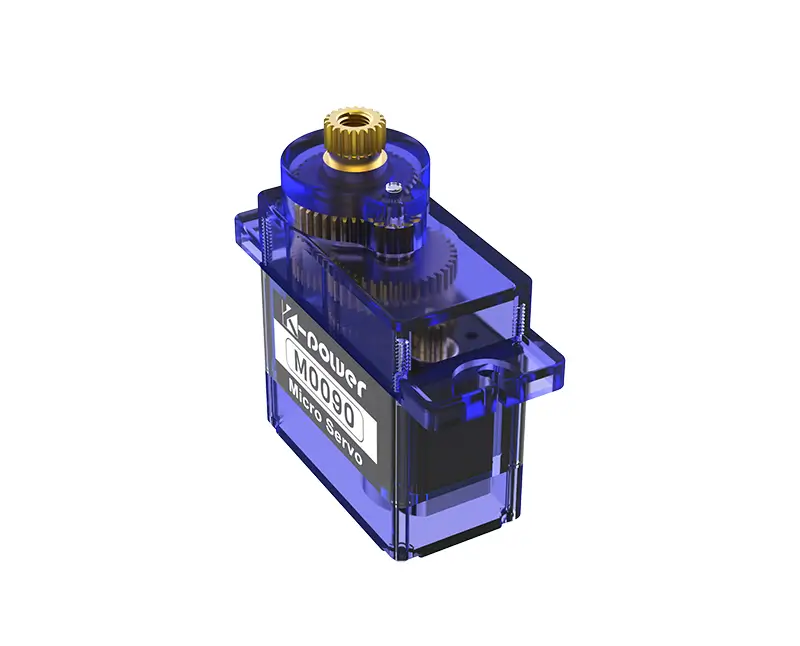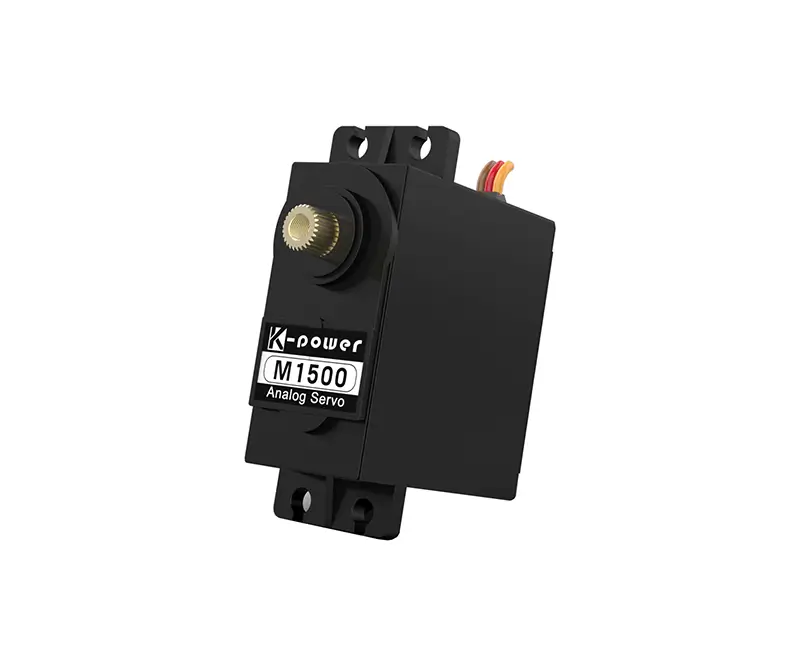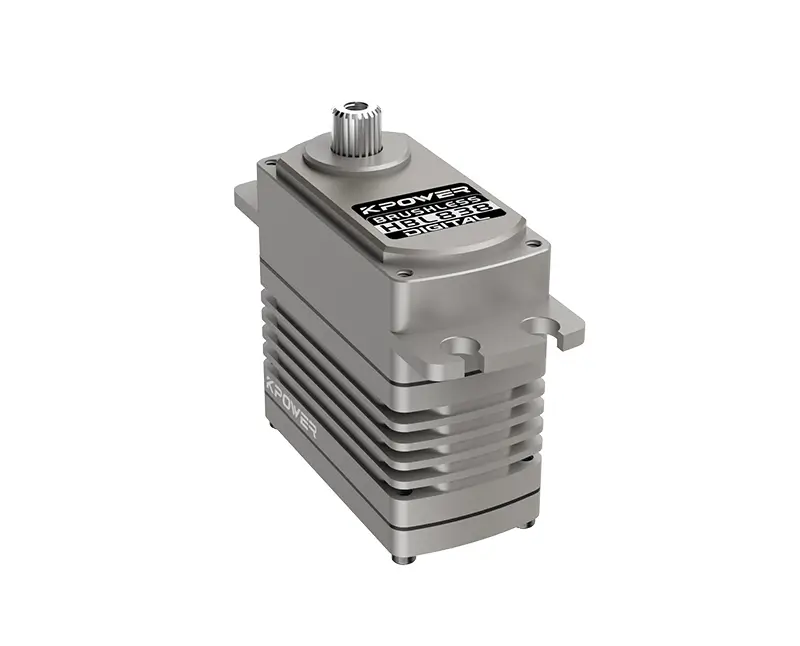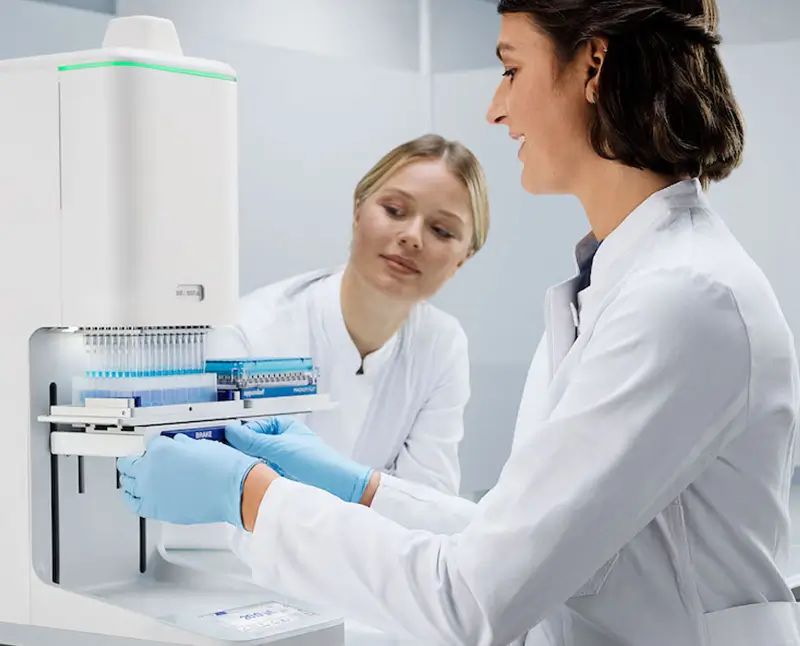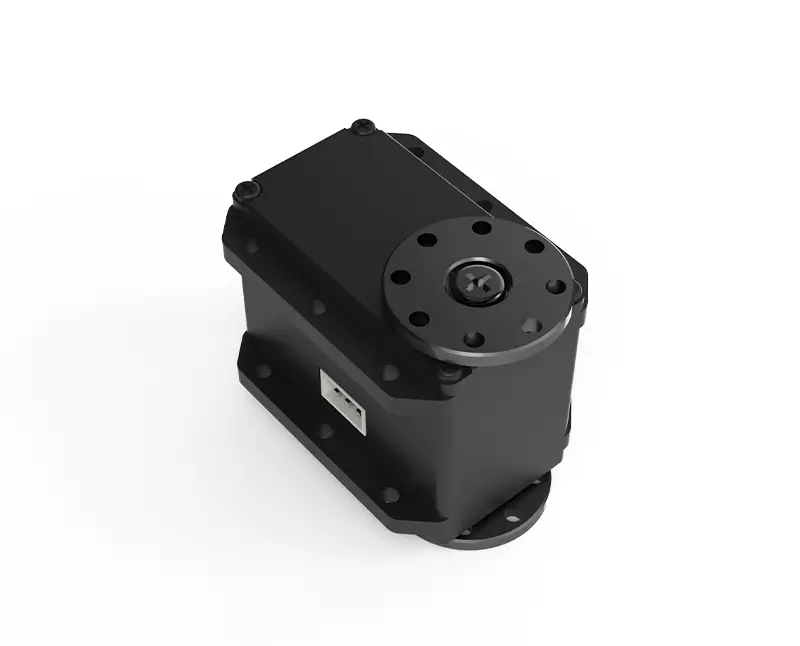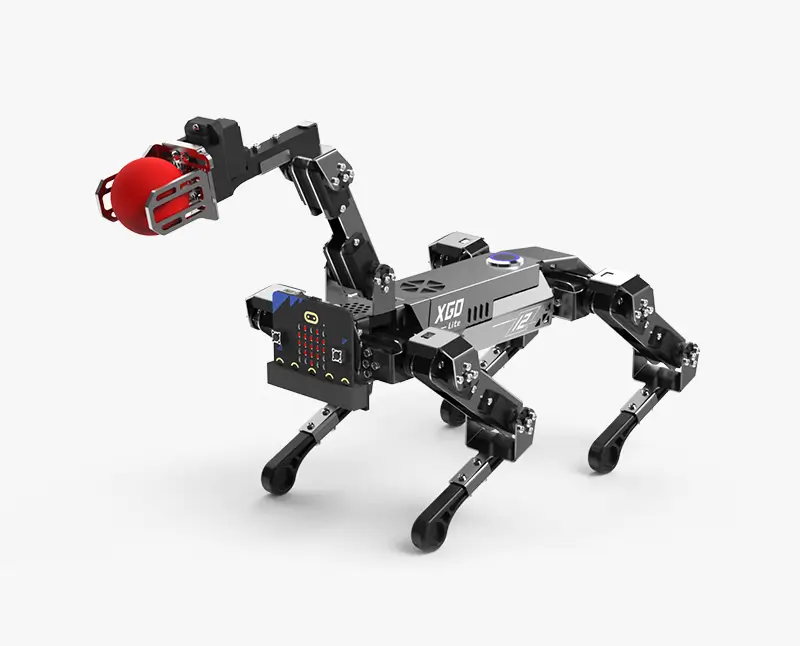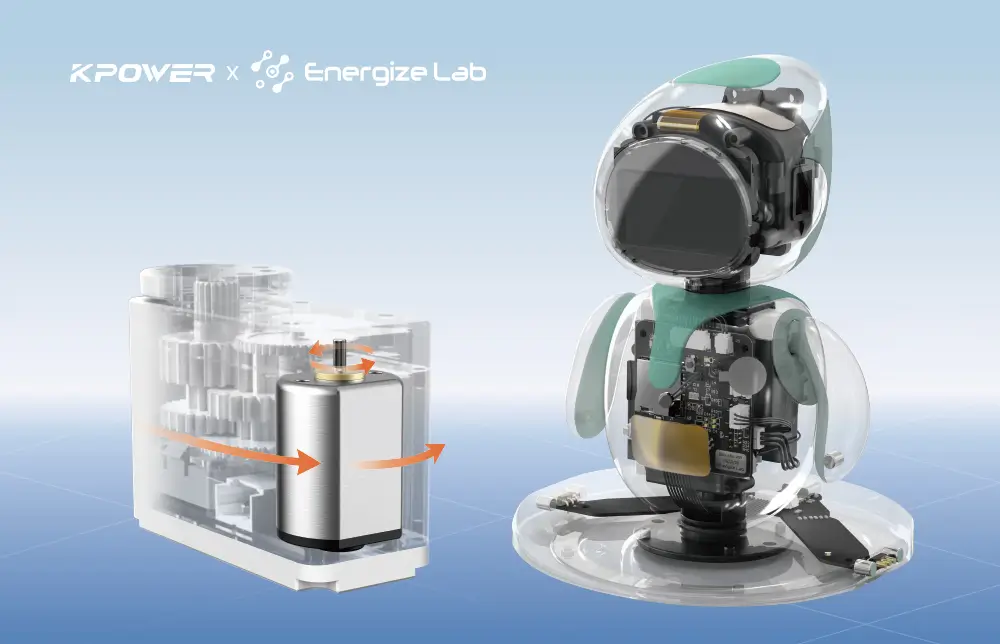Introduction to Servo Motors and Absolute Encoders In the rapidly evolving world of automation and robotics, precision is not just a luxury—it’s a necessity. From manufacturing assembly lines to surgical robots, the demand for accurate, repeatable, and reliable motion control has never been higher. At the heart of this revolution lies a critical component: the servo motor with an absolute encoder. This dynamic duo is redefining what’s possible in motion control systems, offering unparalleled performance in industries where even a micron-level error can spell disaster.
.webp)
What is a Servo Motor? A servo motor is a high-performance electromechanical device designed to provide precise control over angular or linear position, velocity, and acceleration. Unlike standard motors, servo motors operate in closed-loop systems, meaning they continuously adjust their output based on real-time feedback. This feedback loop ensures that the motor achieves and maintains the desired position or speed, even under varying loads or external disturbances.
Servo motors are widely used in applications requiring exact movements, such as CNC machines, robotic arms, 3D printers, and aerospace systems. Their ability to deliver torque at low speeds and maintain stability under dynamic conditions makes them indispensable in modern automation.
The Role of Encoders in Servo Systems An encoder is the "eyes" of a servo motor. It provides critical feedback about the motor’s position, speed, and direction to the controller, enabling real-time adjustments. There are two primary types of encoders: incremental and absolute.
Incremental Encoders: These encoders generate pulses as the motor shaft rotates, allowing the system to track relative movement. However, they lack a reference point, meaning the system must "home" itself after power loss to re-establish position. Absolute Encoders: Unlike their incremental counterparts, absolute encoders provide a unique digital code for every shaft position, even at power-up. This means the system always knows its exact position without needing recalibration.
Why Absolute Encoders Are a Game-Changer Absolute encoders eliminate the need for homing routines, saving time and reducing downtime in industrial processes. They also ensure uninterrupted operation in mission-critical applications like medical robotics or satellite positioning, where losing track of position could have catastrophic consequences.
For example, in a robotic surgery system, an absolute encoder ensures the robotic arm knows its exact position the moment it’s powered on, preventing dangerous miscalculations. Similarly, in automated warehouses, absolute encoders enable AGVs (Automated Guided Vehicles) to navigate complex routes without losing their bearings, even after unexpected shutdowns.
Technical Advantages of Servo Motors with Absolute Encoders
Positional Accuracy: Absolute encoders provide exact positional data, enabling sub-micron precision in applications like semiconductor manufacturing. Fault Tolerance: No homing required after power interruptions reduces system vulnerability. High Resolution: Modern absolute encoders offer resolutions up to 24 bits, capturing even the slightest movements. Durability: With no battery backup needed (in multi-turn designs), these systems are more reliable in harsh environments.
Challenges and Solutions While absolute encoders offer significant benefits, they come with challenges like higher costs and complex wiring. However, advancements in serial communication protocols (e.g., EtherCAT, BiSS-C) have simplified integration, while modular designs have made them more affordable for small-scale applications.
Applications Transforming Industries The marriage of servo motors and absolute encoders is driving innovation across sectors. Let’s explore how this technology is reshaping industries:
1. Industrial Automation In manufacturing, servo motors with absolute encoders are the backbone of high-speed pick-and-place robots, CNC machines, and packaging systems. For instance, in a bottling plant, these motors ensure labels are applied with millimeter precision, reducing waste and boosting efficiency.
2. Aerospace and Defense From satellite antenna positioning to flight control systems, absolute encoders provide the reliability needed in extreme conditions. They withstand temperature fluctuations, vibrations, and radiation, ensuring consistent performance in space or combat scenarios.
3. Medical Robotics Surgical robots like the da Vinci Surgical System rely on absolute encoders to map instrument positions in real time. This precision enables minimally invasive procedures, reducing patient recovery times and improving outcomes.
4. Renewable Energy In wind turbines, servo motors adjust blade pitch angles to optimize energy capture. Absolute encoders ensure accurate positioning despite harsh weather, maximizing turbine efficiency and lifespan.
5. Automotive Innovation Electric vehicles (EVs) use servo-driven systems for battery management, regenerative braking, and autonomous driving. Absolute encoders help maintain precise control over steering and throttle responses, enhancing safety and performance.
The Future: Smart Systems and Industry 4.0 As industries embrace Industry 4.0, servo motors with absolute encoders are becoming smarter. Integrated IoT connectivity allows predictive maintenance, where sensors detect wear in real time and schedule repairs before failures occur. For example, a motor in a smart factory might alert operators about bearing wear, preventing costly unplanned downtime.
Emerging Trends
Miniaturization: Compact absolute encoders are enabling smaller, more agile robots for micro-surgeries or electronics assembly. Energy Efficiency: Regenerative drives in servo systems recapture energy during deceleration, reducing power consumption. AI Integration: Machine learning algorithms analyze encoder data to optimize motion paths, minimizing cycle times in production lines.
Choosing the Right System Selecting a servo motor with an absolute encoder depends on factors like torque requirements, environmental conditions, and communication protocols. For instance, a food processing plant might prioritize stainless steel encoders resistant to moisture and cleaning chemicals, while a lab robot might focus on ultra-high resolution.
Conclusion: Precision as the New Standard Servo motors with absolute encoders are no longer niche tools—they’re becoming the standard for any application demanding accuracy and reliability. As technology advances, their role in automation, healthcare, and sustainability will only grow, paving the way for innovations we’ve yet to imagine. Whether it’s enabling safer surgeries, greener energy, or smarter factories, this dynamic technology is proving that in the quest for perfection, every fraction of a degree matters.


































.webp)
